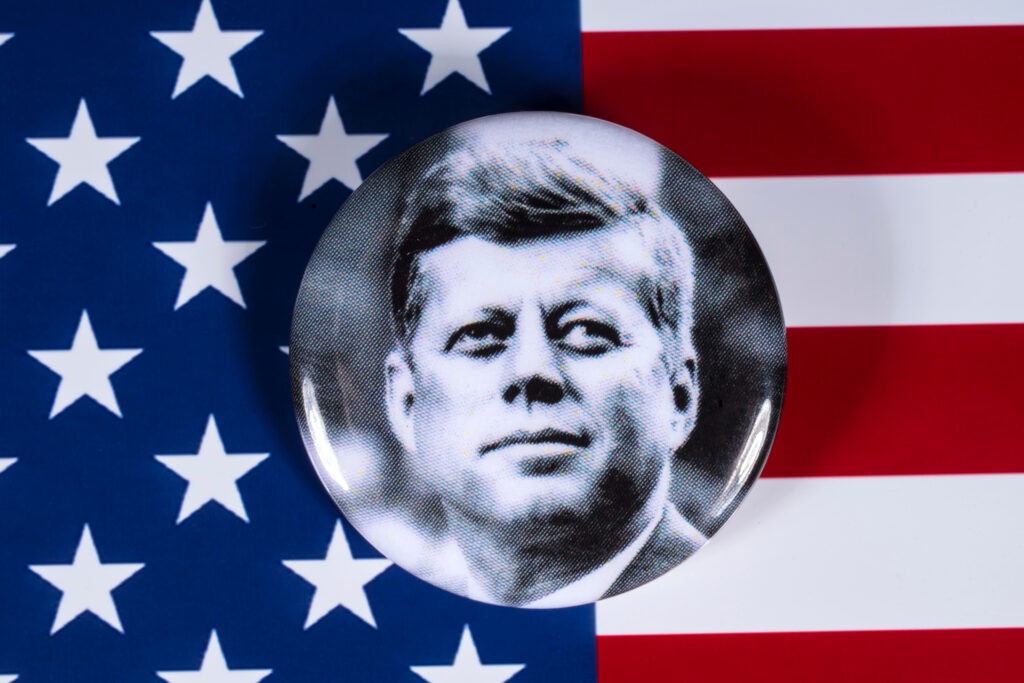President Trump has mandated the declassification of secret records on three major assassinations. His order targets long-hidden files related to the deaths of President John F. Kennedy, Robert F. Kennedy, and Martin Luther King Jr.
Trump Promises Transparency
President Trump, 78, signed an executive order on Thursday to disclose these records. “Everything will be revealed,” he declared in the Oval Office, addressing decades of speculation and conspiracy theories. The Justice Department and the Office of the Director of National Intelligence must present a plan for the release of JFK records within 15 days and for RFK and MLK records within 45 days.
The executive order emphasizes that these files are “long overdue” for public release. Speculation about Kennedy’s assassination has persisted for years, with questions about Lee Harvey Oswald’s involvement. Oswald was killed two days after the 1963 assassination, raising doubts about whether he acted alone or as part of a conspiracy.
Background on Assassinations
Oswald, a former Marine who defected to the Soviet Union, later returned to the U.S. In September 1963, he visited both the Cuban consulate and the Soviet embassy in Mexico City, allegedly seeking visas. Weeks before the assassination, Oswald complained in a letter to the Soviet Embassy in Washington about his failed travel plans.
A CIA document released after a 2017 Trump order suggested Oswald might have been preparing for an escape after the assassination. Meanwhile, Jack Ruby, who killed Oswald, had links to organized crime, fueling further conspiracy theories.
Robert F. Kennedy, JFK’s brother, was assassinated in June 1968 by Sirhan Sirhan shortly after winning California’s Democratic primary. Sirhan’s attorney claimed he was framed. Trump’s recent nomination of Robert F. Kennedy Jr. as Secretary of Health and Human Services adds another dimension to the story. RFK Jr. has publicly argued that the CIA was involved in the assassinations of his father and uncle.
Martin Luther King Jr. was fatally shot in April 1968 by James Earl Ray. The FBI’s infamous efforts to discredit King have cast a shadow over its investigations. A 1964 letter from the FBI allegedly encouraged King to commit suicide, and bureau reports linked him to Communist influences, raising questions about their motives.
Controversial Allegations and Their Impact
FBI documents from March 1968, weeks before King’s murder, accused him of associating with Communists. Reports claimed Communist Party members were involved in King’s inner circle, allegedly using his Southern Christian Leadership Conference for their goals.
The FBI also released salacious allegations about King’s personal life, claiming he engaged in “secret sexual aberrations” while presenting himself as a moral leader. These reports, though controversial, reflected the agency’s effort to undermine King’s advocacy against racial discrimination.
Trump’s order seeks to bring transparency to these historical events. As speculation continues, many hope the declassified records will provide clarity and answer lingering questions about the assassinations of these influential figures.


